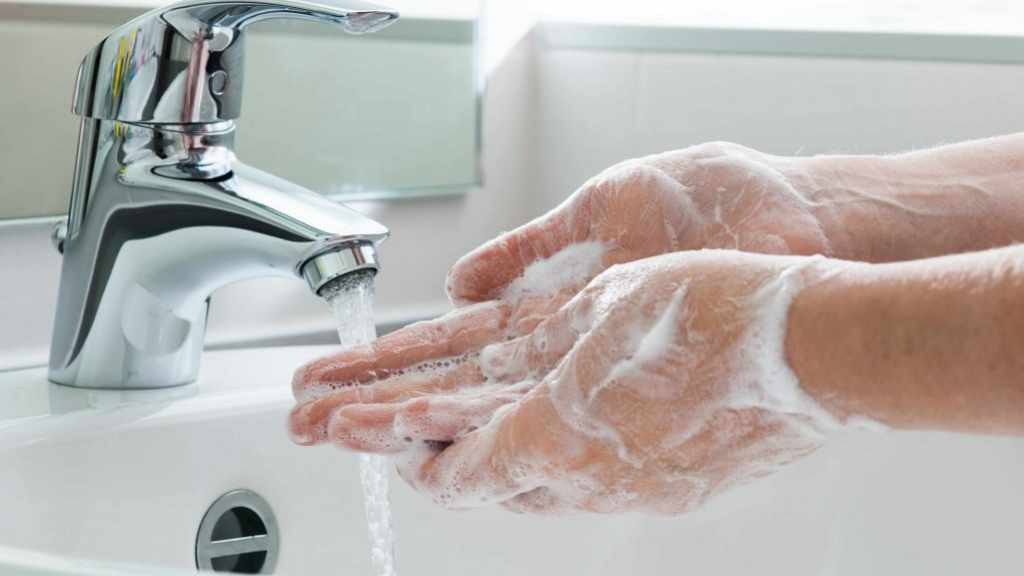-
Featured News
Mayo Clinic Q and A: Keeping hands consistently clean one of the best ways to avoid getting sick
DEAR MAYO CLINIC: I’ve heard many times that handwashing is the best way to prevent illness. But how often is it enough? I have small children, and I want to keep them as healthy as possible. Is hand sanitizer a good alternative to soap and water?
ANSWER: You’re correct that frequent handwashing is one of the best ways to avoid getting sick and to keep from spreading any illness you may have to someone else. There’s no magic number for how often you should wash. Just try to make sure your hands are consistently clean. Soap and water always work well. But if you don’t have access to a sink, hand sanitizer is a good choice, too.
Bacteria, viruses and other germs surround us every day and live in the same environments we do. As you touch objects, surfaces and other people, germs can be transferred to your hands. When you then touch your eyes, your nose or your mouth, the germs can get inside your body and potentially make you sick. Cleaning your hands gets rids of the germs, lowering your risk for illness.
Although there isn’t a specific number of times you should clean your hands each day, there are certain situations where cleaning your hands is essential. Make sure you, and your children, always clean your hands before you eat, after you use the bathroom, and after you come in contact with surfaces that are likely to be contaminated with germs.
When people think of areas in the home where the most germs live, bathrooms usually comes to mind first. Although handwashing after using the bathroom is important, you’re actually more likely to pick up germs that can make you sick in your kitchen.
That’s because certain foods, before they are cooked, tend to harbor harmful bacteria, particularly chicken, fish and other meats. When you work with those foods in your kitchen, they can contaminate the surrounding surfaces. Cleaning your hands thoroughly before and after you prepare foods, along with thoroughly cleaning your kitchen countertops, can go a long way to cutting down on the number of germs you carry on your hands.
Washing with soap and water is a quick and easy way to get your hands clean. You may want to avoid antibacterial soap, though. Antibacterial soap is no more effective at killing germs than regular soap. Using antibacterial soap might even lead to the development of bacteria that are resistant to the product’s antimicrobial agents — making it harder to kill those germs in the future.
Alcohol-based hand sanitizer works just as well as soap and water for cleaning your hands, as long as your hands aren’t visibly dirty. For example, if you’ve been gardening or working on a motor vehicle, then you do need soap and water. For most other situations, hand sanitizer is fine.
Put about a quarter-sized amount of the sanitizer on your hands and work it in, covering all the surfaces. When the alcohol is dry, which takes about 15 to 20 seconds, your hands are clean. If you’re cleaning your hands quite often during the day, hand sanitizer may actually be a better choice than soap and water because the sanitizers usually have moisturizers added to them, so they tend to be gentler on your hands than soap and water.
Getting into the habit of cleaning your hands regularly can have significant benefits. Studies have shown that in communities where children are encouraged to wash their hands often, illnesses and absenteeism in schools goes down, and the risk of getting diarrhea or getting a respiratory infection is reduced by about 30 percent. Although it may seem like a small task, taking time to make sure your hands are clean can make a big difference for your health. — Priya Sampathkumar, M.D., Infectious Diseases, Mayo Clinic, Rochester, Minn.








